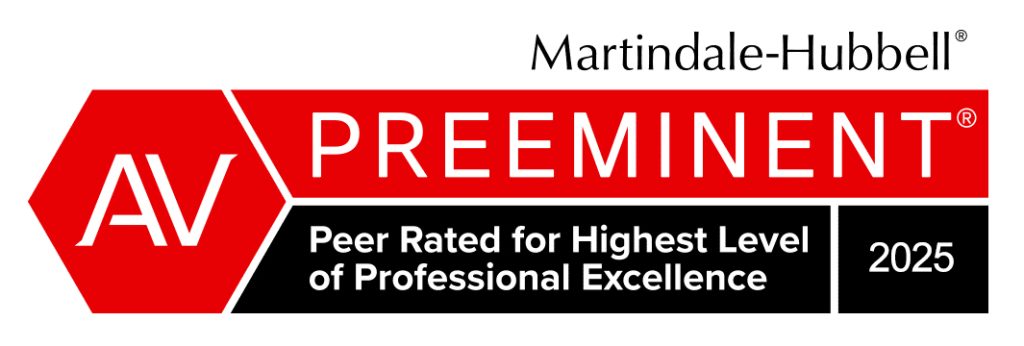Should you enroll in two popular Medigap plans while you can?
If you will soon turn 65 and be applying for Medicare, you should carefully consider which “Medigap” policy to enroll in because two of the most popular plans will be ending soon.
Between copayments, deductibles, and coverage exclusions, Medicare does not cover all medical expenses. Medigap (or “supplemental”) plans offered by private insurers are designed to supplement and fill in the “gaps” in Medicare coverage. There are 10 Medigap plans currently being sold, identified by letters. Each plan package offers a different combination of benefits.
Plans F and C are popular Medigap plans in part because they both offer coverage of the Medicare Part B deductible. According to the Kaiser Family Foundation, 53 percent of Medigap enrollees have either plan F or plan C.
But as a result of legislation passed by Congress in 2015, starting in 2020 Medigap insurers will no longer be allowed to offer plans that cover the Medicare Part B deductible — in other words, Plans F and C. The reasoning is that both plans encourage people not to think about the cost of going to the doctor. However, people currently enrolled in Plans F and C, as well as those who buy policies before 2020, may keep their coverage for the rest of their lives.
Although this appears to offer an incentive to “lock in” these two comprehensive plans while you still can, new Medicare beneficiaries should think carefully before enrolling in Plans F or C. While the plans are comprehensive, without new enrollees after 2020 experts warn that premiums may go up as the enrollees in Plans F and C age and get sicker. An alternative is Plan G, another comprehensive plan that does not cover the Part B deductible. But some experts believe that premiums will rise for this plan too, as more beneficiaries in poor health enroll in it.
The choice of Medigap plan is important because once you choose one, it is difficult to switch. Medigap plans cannot consider pre-existing conditions when you enroll during the open enrollment period, which is a six-month period that begins on the first day of the month in which you are 65 or older and enrolled in Medicare Part B. But if you don’t enroll during the open enrollment period, there is no guarantee that the insurance company won’t charge you more for a pre-existing condition.


